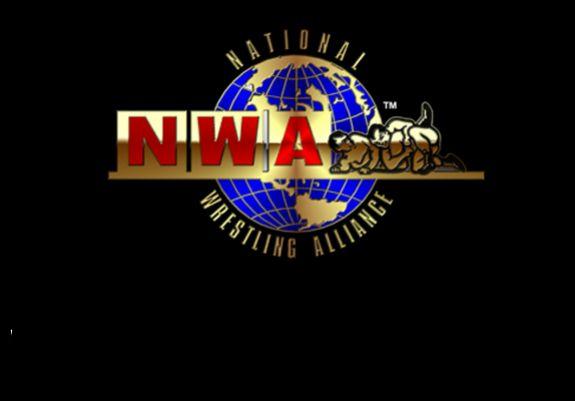
NATIONAL WRESTLING ALLIANCE
(NWA)
 |  |

 |  |
The National Wrestling Alliance, or NWA has long been considered the governing body of professional wrestling. In a sport long considered to have no regulation, the NWA is the self-regulating body of professional wrestling, so long as the promotion is a member of the Alliance. The NWA is also the oldest governing body in professional wrestling, in existence since 1948, as well as the largest.
Despite the misleading name of National Wrestling Alliance, it actually has members across the globe.
The genesis of the Alliance began with the idea of unifying several of the "World Champions" into a single, undisputed World Champion, who would tour all of the various member wrestling promotions defending his title. To insure that the title would remain under control of the Alliance, they set up a Board of Directors to approve of all title changes, and also had whomever was Champion put up a bond (rumoured to be $25,000) to insure that when the time came for the Champion to drop the belt, he would cooperate, lest he forfeit his bond. Once a Champion dropped the belt, he would be returned his deposit, along with whatever interest was gained on it (the deposit was typically placed in a trust fund).
Each promotion could run their own territory without direct NWA oversight, so the NWA would not be in violation of any anti-trust laws. The value of being an NWA member was that not only would the promoter draw some very lucrative gate receipts when the NWA Champion came to his territory to defend against that promotion's champion or top draws, but also there was a form of protection, as your territorial boundaries would be respected by the other Alliance members, so no member would encroach upon another's territory without risking expulsion from the Alliance and risk losing the large paydays from the NWA Champion wrestling in your promotion. Not only that, but if a non-NWA member chose to run a show in a member's territory, all of the Alliance members would send their top draws to the member whose territory was threatened, as a way of insuring that the "invader" would not draw and force him out of the contested territory.
Another advantage of the territory system that favoured the wrestlers is that once fans began to tire of a certain wrestler, they could leave the territory and wrestle in another territory where they were unknown to fans.
A modern practical advantage of joining the NWA is being able to buy into the NWA's liability insurance at a much cheaper rate than if a promotion were to attempt to purchase their own.
The NWA still exists today, with several regional independent territories as member promotions, that still follow the same rules set in place from inception, but none of the present members are holdovers from what is considered the "glory days" of the 1980s. To apply for NWA membership, a promoter must have been operating for at least one year in a territory uncontested by any other NWA member territory, and their application must be approved by a majority vote of the Board of Directors.
